The number of poor Americans exceeds the population of Australia. As Matthew Desmond, chair of sociology at Princeton University, reports, the poor accounted for 10.9% of the US population in 2019, compared to 12.6% in 1970, evidence of only scant progress from government efforts to reduce poverty. The culprits, Desmond reports, include a trend toward concentrating wealth in certain places and concentrating poverty in others, a tendency reinforced by exclusionary zoning laws. He argues convincingly – albeit sometimes controversially – that removing these and other obstacles facing poor people would lower crime rates and generate other benefits that would make America more equitable and Americans more free.
The United States leads the world in economic output, yet its number of poor people exceeds the population of Venezuela or Australia.
The United States has both prosperity and poverty unmatched by any other nation. One in nine Americans is impoverished. More than a million public school children are homeless even though America leads the world in economic output, as measured by gross domestic product (GDP). America’s output exceeds the combined output of France, Germany, India, Italy, Japan, and the United Kingdom.
Trying to understand why America has so many poor people requires looking beyond the poor themselves. The US government’s Official Poverty Measure, which is adjusted annually for inflation, is expressed as the annual income that forces earners to spend about a third of their money on food. In 2022, this “poverty line” was $13,590 for unmarried individuals and $27,750 for four-person families. Most families who rent their homes and earn an income below the poverty line spend half or more of their income on housing. The eviction of poor tenants is routine.
Nearly 18 million Americans, including...
Matthew Desmond, the Maurice P. During Professor of Sociology at Princeton University, also wrote Evicted: Poverty and Profit in the American City, which won the Pulitzer Prize, the National Book Critics Circle Award, and the PEN/John Kenneth Galbraith Award.









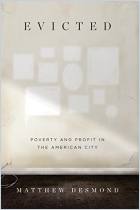
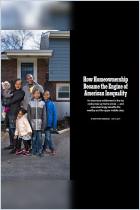
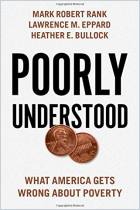
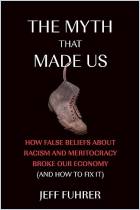
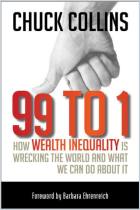
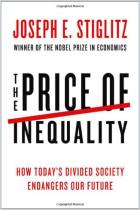

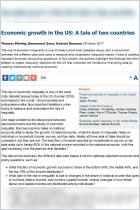




Comment on this summary